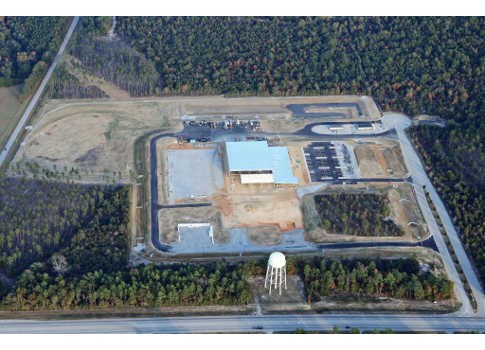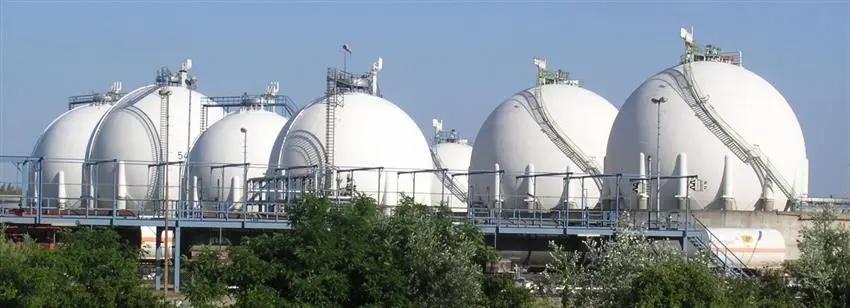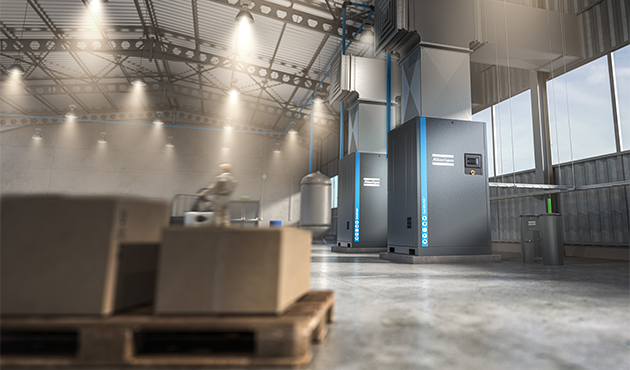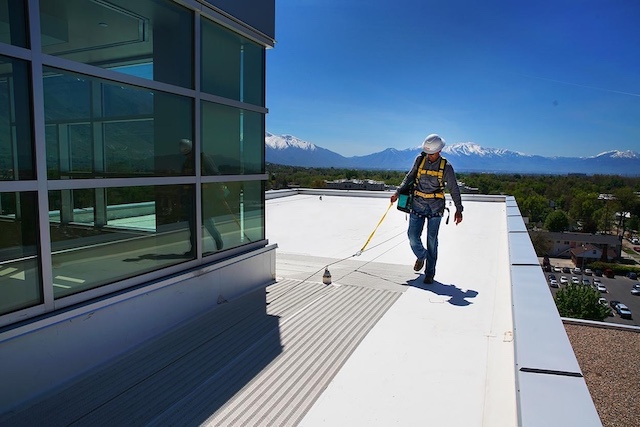Five key considerations to drive your decision.

Should you renovate your existing facility or build a new facility? This question isn’t an easy one to answer and is, of course, dependent on capital expenditure. However, your answer should also be driven by your company’s strategic plan to ensure that your decision aligns with your long-term needs and goals.
When renovating is your best bet
Renovations are often appealing because they are typically cheaper. Simple renovations are quite common and include:
- Installing energy-efficient equipment
- Modifying for food safety
- Changing or reconfiguring product lines
- Freeing up floor space with new technology/ equipment.
If your existing facility is already somewhat similar to what the desired, renovated end state will be, renovation is probably your best option. However, modifications that require gutting the original facility may call for building a new plant.
Five key considerations when deciding whether to renovate or build a new facility
While upgrading your existing food facility could be a more budget-friendly solution and reduce upfront equipment costs, you may have to compromise on utilizing state-of-the-art technology and automation.
Here are five key considerations when making the decision to renovate or build new:
1. Automation-Incorporating automation into an existing facility to improve production efficiency can be challenging in two ways. One, automated equipment often has large space requirements, requiring significant square footage. Two, older equipment may not lend itself to automation at all. Be sure to connect with equipment manufacturers to determine the ability to automate your existing equipment if you’re thinking about renovating. Remember that installing automation technology into your facility can’t remedy poor building design.
2. Food safety-Meeting stringent food safety regulations is one of the most crucial factors in food plant design, whether you’re renovating or building a new plant. Strict FSMA guidelines call for all facilities to up their food safety game. Ensuring proper air flow throughout the facility is a must. Air flowing into areas where food is being processed must be tightly controlled to maintain room temperatures and eliminate the potential for condensation and contamination. This is especially key if you start manufacturing allergen-free products. Deciding to include allergen-free product lines can be a challenge, but it is doable. During renovation, use careful detailed design to ensure airflow doesn’t carry contaminants through your facility.
3. Design issues-Industry standards change over time. This includes clear height requirements. Clear height is the "distance measured from the floor to the bottom of the lowest hanging overhead obstruction." Trying to renovate in a building without the required clear height means having to expand the building height in addition to your original renovations. Utility capacity, or how much equipment your facility can run, may also be an important consideration when deciding whether to renovate or build a new plant. If your facility’s utility capacity is low, this is difficult to economically increase during a renovation. Other structural design issues may include adding "a walk-on ceiling or interstitial space." These design considerations are much easier to engineer for a new plant than with an existing one. Working within the constraints of an existing footprint may be a challenge.
4. Access-If you are trying to minimize plant downtime during a renovation, access to your facility is incredibly important. Existing structures already have parking access, as well as loading docks. However, if you are renovating, how will construction affect this access? Will certain areas of the facility be unusable? Will construction crews and equipment impede ingredient and processing trucks from accessing their appropriate loading docks? Determine traffic flow as you map out the construction phases and how to renovate with the least disruption. Minimize downtime by scheduling renovations during weekends, holidays or cleanup days. If trucks are unable to access your facility during renovations, it might be more profitable to build new rather than risk prolonged inability to ship your product.
5. Energy efficiency-One of the major trends in both renovation and new facilities is sustainability. Leadership in Energy and Environmental Design (LEED) is a points-based certification program that standardizes what makes a facility "green." Buildings with higher ratings are eligible for tax breaks that can equate to millions of dollars in savings. When building new, owners and design teams can work together to implement LEED-standard practices. This includes buildings that have undergone heavy renovations and are considered to have been gutted. For renovations, the LEED for Existing Buildings includes:
Operations & Maintenance (LEED-EB O&M) was created. This is based on actual building performance versus projected performance. Owners of both renovated and new facilities can increase energy efficiency by installing LED lights, reducing water usage, using "green" equipment and preventing leaks in the building envelope.
Deciding whether to renovate an existing facility or build a new one is not easy. Weigh the pros and cons of both to determine the better fit for your food manufacturing facility’s long-term goals.
– Michael Smith is the vice president at Stellar. This article originally appeared on Stellar Food for Thought. Stellar is a CFE Media content partner.



